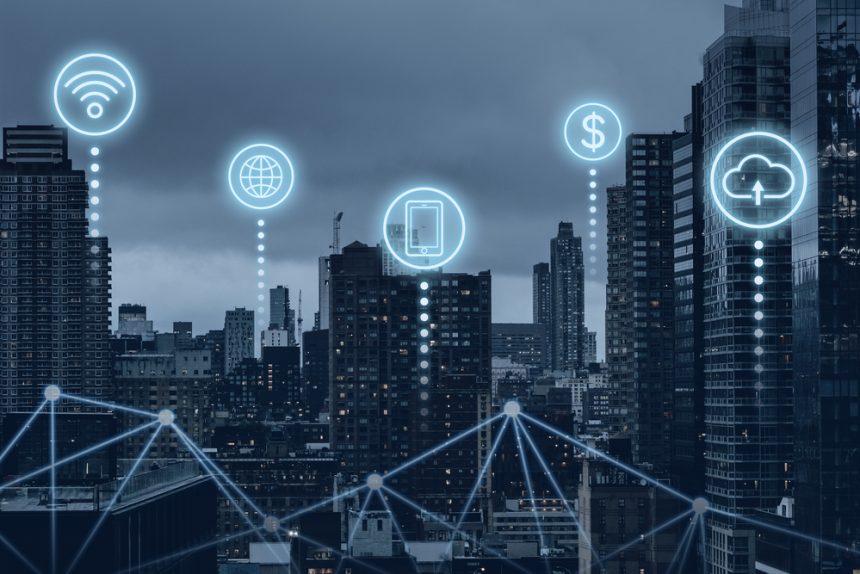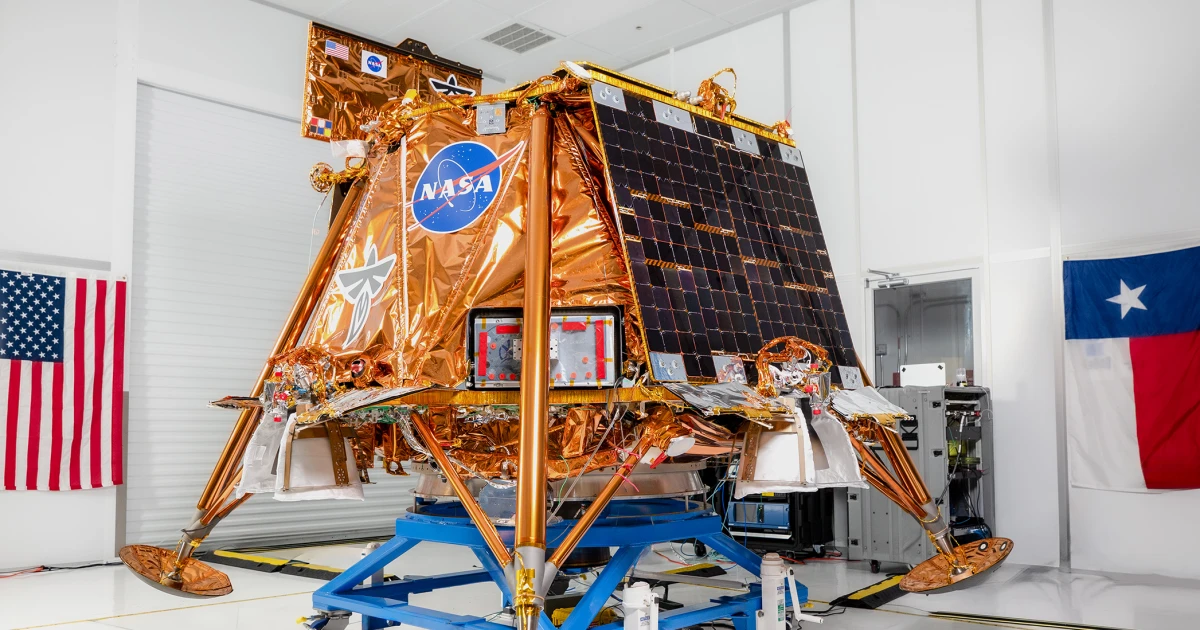Introduction
The concept of smart cities has evolved dramatically in 2025, combining technology, governance, and cultural dynamics to create efficient, sustainable, and interconnected urban environments. Countries around the world, including those in the Middle East, are investing heavily in smart infrastructure, AI-driven governance, and digital citizen engagement. Platforms like FactEcho.com provide audiences with updates on how technology, politics, and global trends converge in shaping the urban landscape.
This article explores the development of smart cities, the role of technology in politics and governance, celebrity influence in promoting urban innovation, and global implications of these transformations.
Smart Cities and Technological Innovation
Smart cities utilize advanced technology to optimize urban management, transportation, energy use, and public services. AI-driven traffic management systems reduce congestion, while predictive analytics enhance public safety and emergency response.
In 2025, the Middle East has emerged as a hub for smart city innovation. Kuwait, the UAE, and Saudi Arabia are integrating IoT sensors, 5G connectivity, and AI analytics to improve urban planning and citizen services. These initiatives not only enhance quality of life but also attract international investment and partnerships.
Blockchain technology is being employed for transparent governance, including digital identity verification, secure property registration, and efficient public service management. These innovations reduce corruption, streamline processes, and promote trust between governments and citizens.
Political Implications of Smart Cities
Smart city development is intertwined with politics. Governments are using technology to engage citizens, improve policy-making, and monitor compliance with regulations. By providing real-time data on traffic, energy consumption, and social welfare, policymakers can make evidence-based decisions that benefit society.
In the Middle East, governments are also using smart city projects to project soft power, showcasing innovation and sustainable development to the international community. FactEcho.com highlights these initiatives, demonstrating how urban planning, technology, and diplomacy intersect.
Celebrity Involvement in Urban Innovation
Celebrities are increasingly influencing public awareness and adoption of smart city technologies. Through campaigns, endorsements, and digital content, they advocate for sustainability, clean energy, and civic engagement.
In the Middle East, prominent figures collaborate with governments and tech companies to promote smart city initiatives. These campaigns encourage public participation, environmental consciousness, and technology adoption, creating a sense of community ownership over urban transformation.
Global stars also participate in virtual campaigns and immersive experiences that educate audiences about smart city benefits, from green infrastructure to AI-assisted public services. This convergence of celebrity culture, technology, and politics amplifies public engagement on a global scale.
Economic Impacts of Smart Cities
The rise of smart cities drives economic growth by fostering innovation, creating jobs, and attracting foreign investment. Technology startups, research institutions, and global corporations benefit from urban digital infrastructure, while governments gain efficiency in public spending.
Middle Eastern nations are strategically investing in smart city projects to diversify their economies away from oil dependency. By creating technology-driven hubs, they encourage entrepreneurship, enhance tourism, and boost international collaboration.
Celebrities and influencers are contributing to this economic ecosystem by promoting local brands, sustainable practices, and digital products that align with smart city initiatives. FactEcho.com reports on these intersections, illustrating how culture, commerce, and technology work together to transform economies.
Global News and Smart City Developments
In 2025, global news often features smart city initiatives, climate-resilient urban planning, and digital governance innovations. Governments worldwide are prioritizing sustainable energy solutions, public safety improvements, and efficient transportation networks.
Middle Eastern countries are particularly proactive in these areas. Kuwait and the UAE are building AI-powered transportation systems, renewable energy grids, and integrated public services to ensure resilient and efficient cities. These efforts impact international trade, technology adoption, and diplomatic collaboration, making smart city development a global priority.
Challenges of Smart Cities
While smart cities offer numerous benefits, they also present challenges. Data privacy, cybersecurity risks, and the digital divide are key concerns. Ensuring equitable access to technology and protecting citizen data are essential for sustainable urban development.
Middle Eastern governments are developing regulatory frameworks and cybersecurity protocols to address these issues. Celebrity campaigns promoting awareness and digital literacy also play a role in mitigating risks. FactEcho.com provides updates on these challenges, giving readers a comprehensive view of the evolving urban landscape.
Integration of Technology, Politics, and Culture
Smart cities demonstrate the intersection of technology, politics, and culture. Digital platforms, AI analytics, and urban infrastructure are combined with citizen engagement, cultural initiatives, and policy frameworks.
Celebrities amplify public participation by promoting sustainable practices, civic engagement, and urban innovation campaigns. Governments leverage technology to implement policies efficiently while showcasing progress on the global stage. FactEcho.com highlights how this integration shapes modern urban life and global perceptions.
FAQs
Q1: What defines a smart city in 2025?
Smart cities use AI, IoT, blockchain, and digital platforms to optimize urban management, services, and citizen engagement.
Q2: How are Middle Eastern countries implementing smart city projects?
Kuwait, UAE, and Saudi Arabia invest in AI-driven infrastructure, renewable energy, and integrated public services.
Q3: What role do celebrities play in smart city adoption?
They raise public awareness, promote sustainability, and engage audiences in technology-driven civic initiatives.
Q4: What are the economic benefits of smart cities?
Smart cities foster innovation, create jobs, attract investment, and support local and global business ecosystems.
Q5: How does FactEcho.com report on smart city developments?
FactEcho.com provides curated news on technology, politics, celebrity engagement, and global urban trends.
Conclusion
Smart cities in 2025 exemplify the convergence of technology, politics, and culture. By integrating AI, IoT, blockchain, and digital platforms, nations like Kuwait and the UAE are transforming urban living, improving governance, and promoting sustainability.
Celebrities play a vital role in these transformations, amplifying public engagement and promoting social initiatives. The global community benefits from technological advancements, economic growth, and enhanced urban management.
Platforms like FactEcho.com provide readers with a holistic view of how smart city projects intersect with politics, celebrity influence, and global news. By understanding these dynamics, audiences can appreciate the transformative potential of technology in shaping 2025 and beyond.






